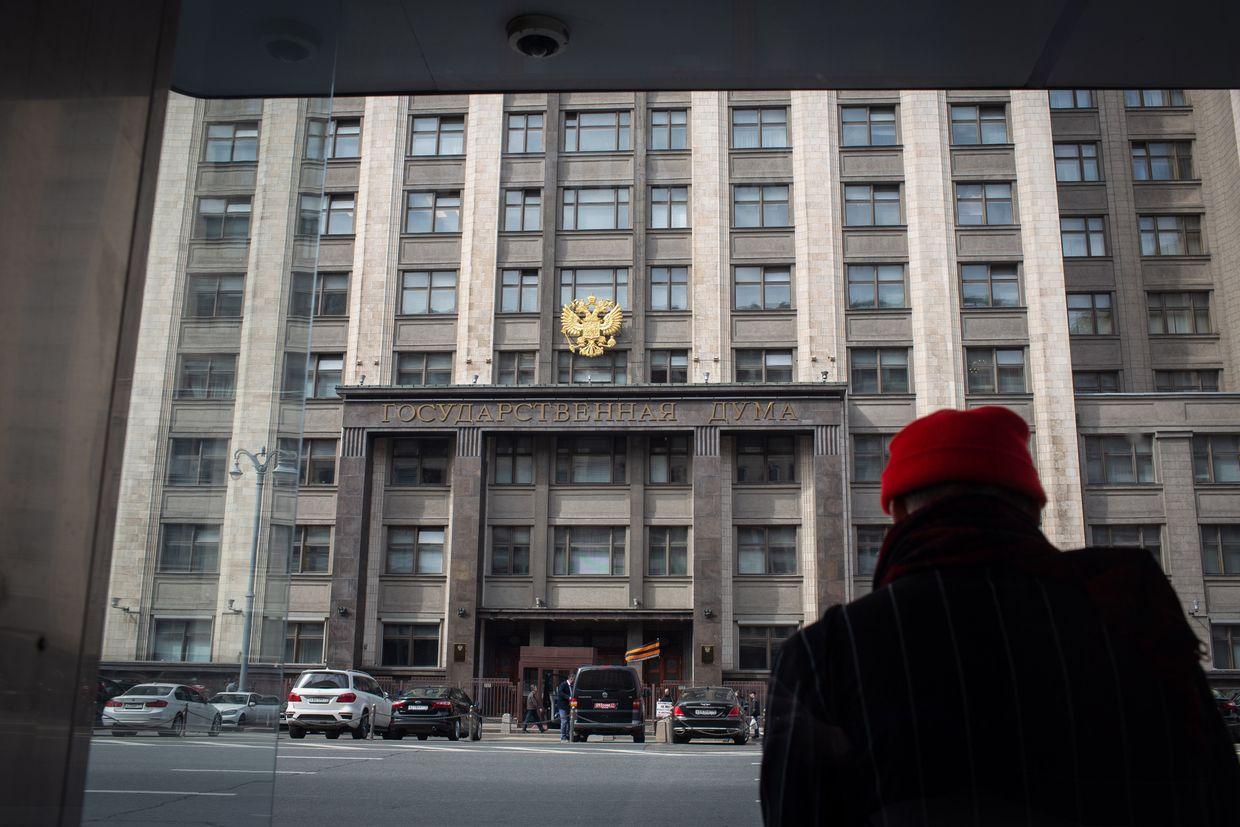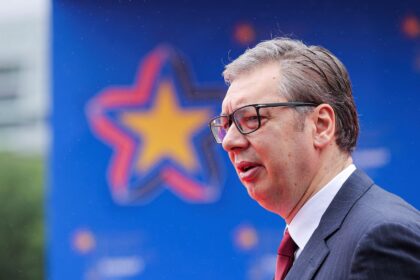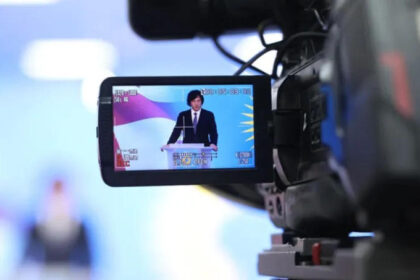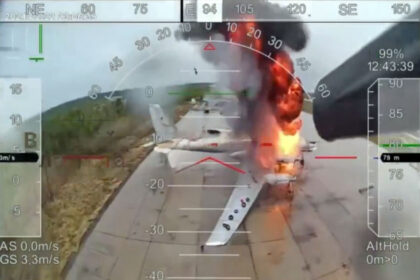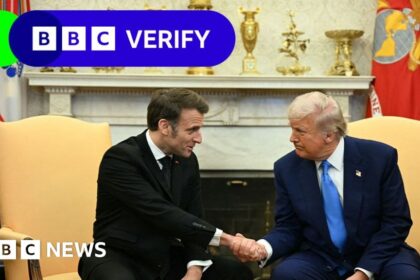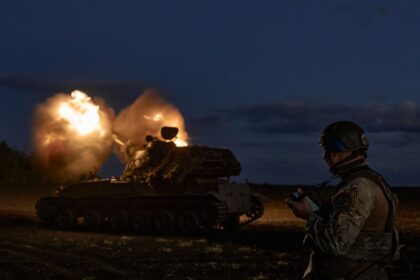**Russia Withdraws from Military Cooperation Agreement with Germany Amid Strained Relations**
Russian Prime Minister Mikhail Mishustin signed an order on July 18 to withdraw Moscow from a military technical cooperation agreement with Germany. This move comes as relations between Russia and Western countries continue to deteriorate due to sanctions imposed against Moscow and widespread support for Ukraine.
The military technical cooperation agreement was first signed in 1996, following the fall of the Iron Curtain and the dissolution of the Soviet Union. However, Russia’s Foreign Ministry claimed that the agreement had lost its significance due to Germany’s “hostile” policies toward Moscow. This assertion suggests a deepening rift between the two countries.
**Escalating Tensions**
Russia has faced toughened sanctions for its full-scale war against Ukraine, which began in 2014 with the annexation of Crimea and subsequent invasion. The Kremlin’s actions have led to strained relations with Western countries, including Germany. In response, Moscow has sought cooperation with other nations, such as North Korea, Iran, and China.
Russian Foreign Minister Sergey Lavrov recently met with North Korean leader Kim Jong Un in Wonsan, where Kim pledged his nation’s “unconditional” support for Russia’s war against Ukraine. This development highlights the growing isolation of Russia from the international community.
**Shifts in Global Alliances**
The withdrawal from the military cooperation agreement with Germany reflects Moscow’s efforts to realign its global alliances. As tensions rise between Russia and Western countries, Moscow is seeking alternative partnerships to maintain trade and regional influence. Recent meetings between Russian officials and their counterparts from North Korea, Iran, and China demonstrate this shift.
Russian President Vladimir Putin has also emphasized the possibility of providing advanced weapons to certain regions to enable strikes against “sensitive” Western targets in response to Ukraine’s use of Western-supplied arms. This rhetoric underscores the escalating nature of global tensions and potential implications for regional security.
**Conclusion**
The withdrawal from the military cooperation agreement with Germany marks a significant development in Russia’s relations with Western countries. As tensions continue to rise, Moscow is likely to deepen its ties with other nations, potentially leading to further shifts in global alliances. The situation demands close attention from policymakers and analysts alike, as the consequences of these developments may have far-reaching implications for regional security and international stability.
Read More @ kyivindependent.com




